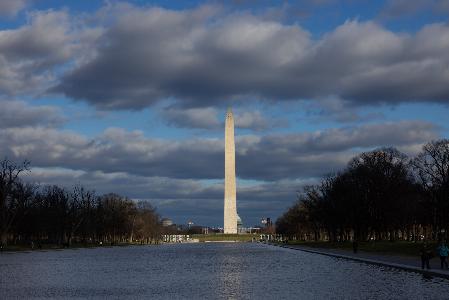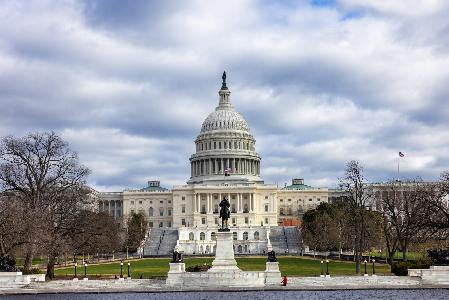When it comes to preparing for the worst, earthquakes, cyber attacks, floods and housing catastrophes are just a few of the natural and man-made challenges that D.C. could face. To meet them head-on, the District launched its Resilient DC website Thursday, beating out 1,000 other competing cities to join the network of 100 Resilient Cities across the globe.
“A hundred thousand people have moved to D.C. since 2006, and some time this year we will pass 700,000 people, which is greater than the population of Alaska,” Kevin J. Bush, the District’s first Chief Resilience Officer, told Technical.ly DC. “We have a lot of programs in place to accommodate that population growth with housing and supply and jobs, and as we grow we need to ensure economic prosperity so that people are not left behind by our growth.”
Bush, whose salary is paid by the Rockefeller Foundation, started work in August, and has spent the last five months learning about the city’s infrastructure through countless meetings with department heads, city staff, local nonprofits and universities. The effort will culminate with a resilience strategy this fall that is vetted by city departments, citizens and a Resilience Cabinet comprised of deputy mayors and agency directors.
The District, along with cities in the 100 Resilient Cities network like Paris, New York and Bangkok, will receive up to $1 million in technical and financial support to develop and implement the strategy.
Bush said he will focus on four to five areas initially, including climate change and how it impacts the risk of coastal flooding, which pressures the city’s antiquated combined sewer system and sends raw sewage directly into the Anacostia and Potomac rivers. It also means being prepared for the eventuality of a government shutdown or significant changes in the D.C. job market.
“Something like 30 percent of jobs in D.C. are still federal government jobs. We’re a company town,” Bush said. “If this administration [in the White House] decides to shrink the workforce, shut it down or move agencies to other parts of the country – that affects our resiliency.”
The Resilience Cabinet first met last August and plans to meet again in March to outline the strategy, which, Bush said, will be disseminated at public meetings in every ward throughout the District.
Join the conversation!
Find news, events, jobs and people who share your interests on Technical.ly's open community Slack

DC daily roundup: the DMV's VC cooldown, SmartSigns for safer driving; Rep. Schiff's AI copyright bill

Will the life sciences dethrone software as the king of technology?

Delaware tech leaders gather at White House for action summit with Biden and Harris

